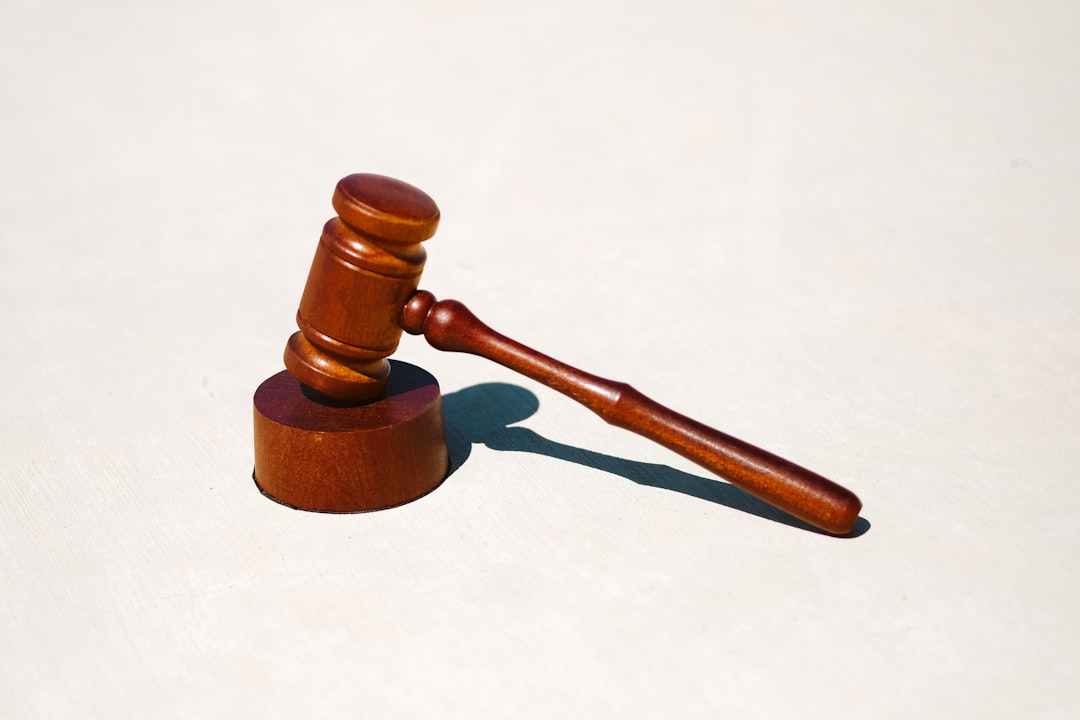Rape attorney Louisville KY expertise is vital for navigating complex trials involving physical evidence like DNA and medical records. Forensic testing, witness testimonies, and cross-examination are key components to establish justice, with attorneys ensuring proper handling of evidence and scrutinizing witness reliability. These strategies are essential in Louisville KY rape cases, where skilled attorneys guide juries through intricate legal and factual considerations.
In Louisville, KY, rape trials, complex and emotionally charged, require a thorough understanding of various evidence types. This article delves into the critical components that build strong cases for both plaintiffs and defendants, focusing on medical, forensic, and witness evidence. For victims seeking justice, knowledge of these evidence types is empowering, especially when consulting with a skilled rape attorney in Louisville KY. Understanding how each contributes to trial outcomes can make all the difference.
Understanding Different Types of Rape Evidence

Understanding different types of rape evidence is crucial for anyone involved in or interested in Louisville rape trials. As a rape attorney in Louisville, KY, it’s essential to be adept at interpreting and utilizing various forms of proof. Physical evidence, such as DNA samples and medical records, plays a pivotal role in establishing the incident’s circumstances. For instance, a victim’s medical report can document injuries sustained during the assault, while DNA evidence can link the perpetrator to the scene or victim.
Additionally, witness testimonies and forensic analysis contribute significantly to building a robust case. A rape attorney must expertly navigate these elements, ensuring they are admissible and compelling. This involves cross-examining witnesses, challenging the accuracy of memories, and employing forensic experts to strengthen the prosecution’s argument. These multifaceted approaches are vital to achieving justice in Louisville rape trials.
Medical Evidence: Documentation and Collection Processes

In rape trials, medical evidence plays a pivotal role in establishing the facts and circumstances surrounding the crime. In Louisville, Kentucky, rape attorneys work closely with forensic nurses and medical professionals to ensure thorough documentation and collection processes. This includes a comprehensive examination of the victim as soon as possible after the incident, capturing detailed physical findings that can serve as critical evidence.
The documentation process involves meticulous note-taking, taking samples for DNA analysis, and collecting other relevant items like clothing or hair strands. These steps are crucial not only for immediate treatment but also for legal proceedings. A rape attorney in Louisville KY will emphasize the importance of proper handling and preservation of such evidence to maintain its integrity and admissibility in court.
Forensic Testing: Techniques and Interpretations

Forensic testing plays a pivotal role in Louisville rape trials, offering crucial evidence that can either incriminate or exonerate an accused individual. Techniques have evolved significantly, utilizing advanced technology to analyze bodily fluids, DNA, and other physical evidence left at the scene. For instance, DNA profiling can match genetic material found on victims or at crime scenes with suspects, providing strong links in sexual assault cases.
Interpretation of these results requires skilled forensic experts who understand the science behind the tests. A rape attorney in Louisville, KY, adept at navigating these complexities can challenge or strengthen evidence through cross-examination, ensuring a fair trial process. This includes scrutinizing collection procedures and potential contamination sources to maintain the integrity of findings, ultimately impacting the outcome of the case.
Witness Testimony: Credibility and Reliability in Court

Witness testimony plays a pivotal role in rape trials, but its credibility and reliability are often scrutinized. In Louisville, Kentucky, where experienced rape attorneys face complex cases, witness statements can be subjective and vulnerable to interpretation. The court must carefully evaluate the consistency, motive, and bias of each witness to determine the truth.
Factors like emotional state, memory lapses, or even conscious manipulation can impact a witness’s reliability. Rape attorneys in Louisville KY often cross-examine witnesses extensively to uncover inconsistencies and weaknesses in their testimonies. This process helps the jury understand that while witness statements are crucial, they should not be accepted as undisputed facts, especially in cases where the victim’s memory might be impaired or the perpetrator is unknown.





